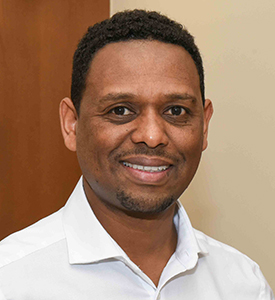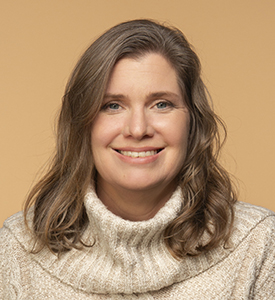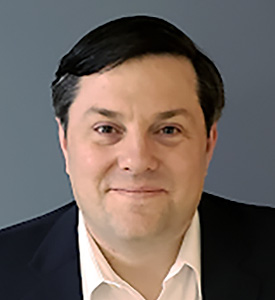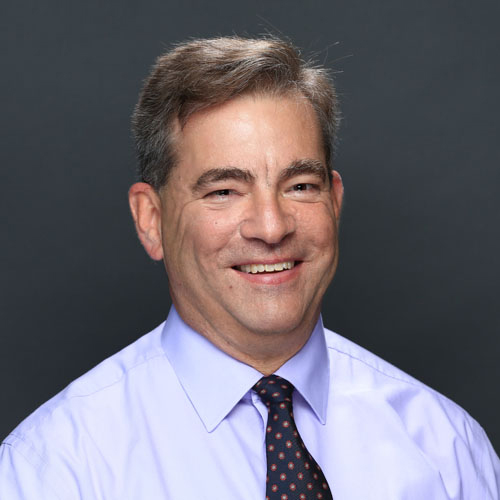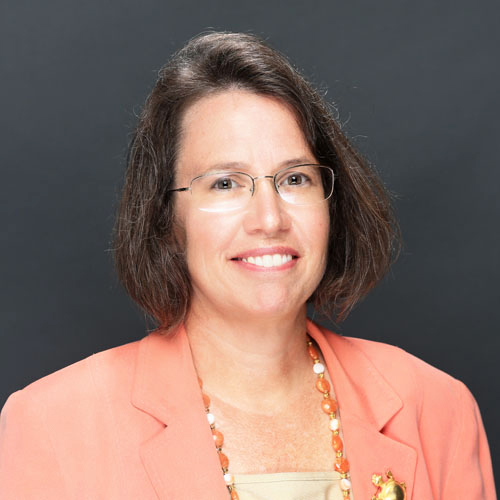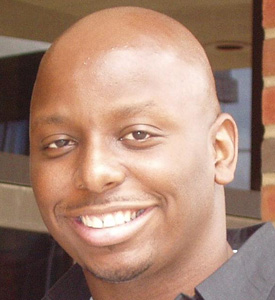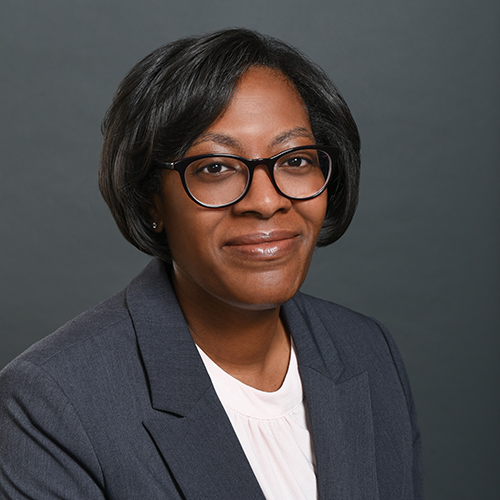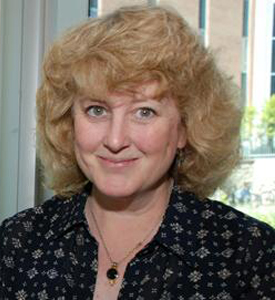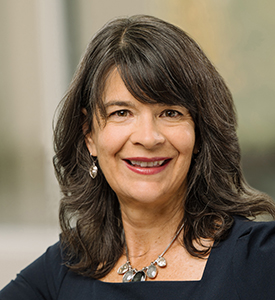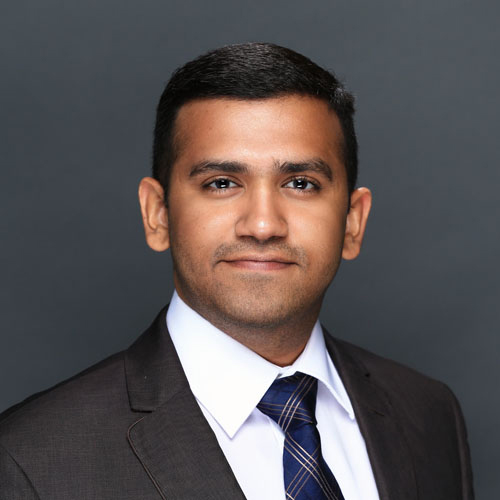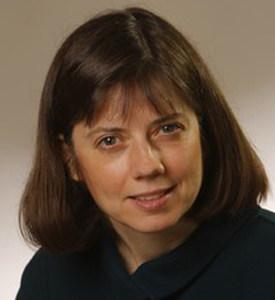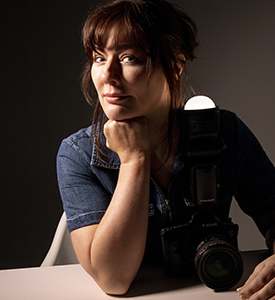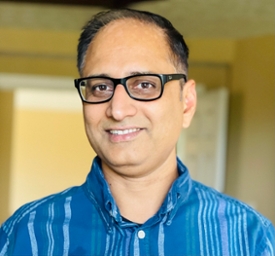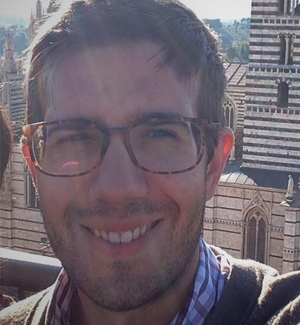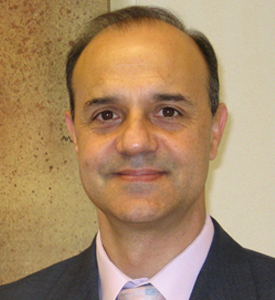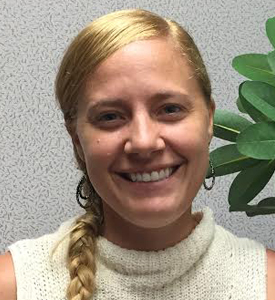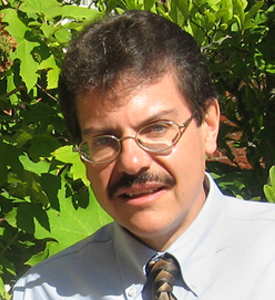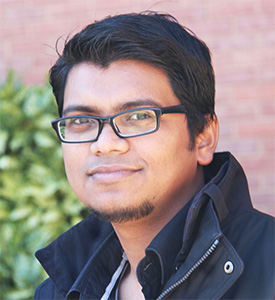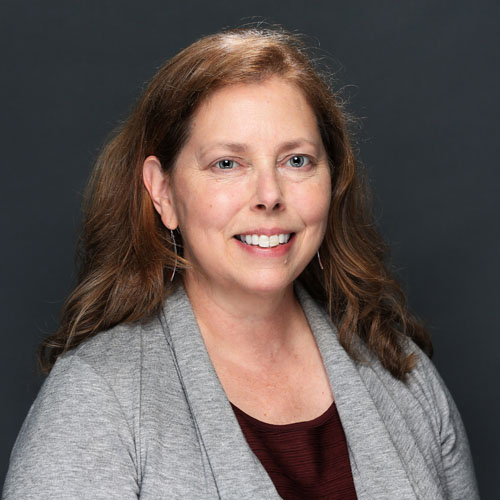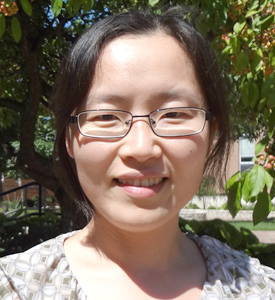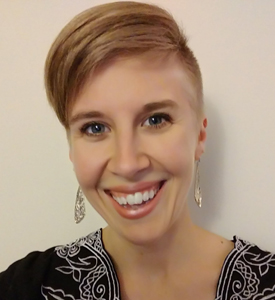Hanley Sustainability Institute
Sustainable Health and Nutrition Scholars

Below are scholars whose work would help us end hunger, achieve food security and improved nutrition and promote sustainable agriculture; ensure healthy lives and promote well-being for all at all ages; and ensure availability and sustainable management of water and sanitation for all:
Zelalem is interested in understanding the effect of climate change on water resources (water quantity, quality and sustainability). He also is interested in studying Earth's past climate from terrestrial sedimentary deposits and its perspectives on climate change. His research involves both field data collection and geochemical/isotope laboratory analyses.
Jana's focus is primarily on food sustainability in relation to Christian practices such as fasting and abstaining from meat. She also researches other Christian ascetic practices that enable environmental sustainability.
Justin's sustainability interests involve understanding and manipulating Prokaryotes and Eukaryotes to remediate and recover metal ions from wastewater streams, fabricate fuels cells using electrochemically active bacteria, demonstrate biochemical pathways used in the dark fixation of carbonates in saltwater, design and formulate next generation anti-biofouling polymeric coatings and create environmentally friendly enzyme-based polymer degradation formulations.
Donald's areas of interest are varied, but generally revolve around applying computer simulation models to evaluate the behavior of water resource systems. He is interested in applying low impact development techniques to reduce stormwater runoff and improve stormwater runoff quality, as well as applying Geographic Information Systems (GIS) to water resource systems.
She has worked on heat integration in chemical manufacturing, optimization techniques for waste minimization and the development of alternative refrigeration technologies using environmentally benign materials. Her current interests are in sustainable and resilient food systems and farming practices.
Garry's sustainability interests are mostly related to studying the environmental fate and transport of contaminants (and emerging contaminants) in soils. An additional component of his environmental sustainability interest involves designing, synthesizing, and testing solid-phase materials for removing dissolved contaminants from drinking (and presumably waste) water.
Kenya's sustainability interests include sustainable water filtration (development and application of sustainable adsorption media) and the food-energy-water nexus.
Mary's sustainability research examines the problem of antibiotic resistance through a transdisciplinary approach (economic, production, health), specifically the effects of the FDA's Veterinary Feed Directive (VFD). Her sustainability experience and interests include developing sustainability education curriculum (middle school through graduate school) and promoting awareness of local issues, especially those involving the intersection of human, economic, and ecosystem health.
Spray drift is a major challenge to sustainable farming. Our research efforts focus on testing and validating chemical/nozzle combinations for minimizing spray drift, as well as developing new techniques to measure drift potential of the tank mix on-site by the applicators. Efforts are also being taken to establish protocols for spray applications using drones through various parametric studies.
Elizabeth is a Catholic constructive theologian. Her areas of scholarship include theological responses to ecological degradation with particular attention to climate change, biodiversity protection and agriculture.
As a photographer, Glenna is interested in how art and visual culture inform our notions of landscape and identity and how these notions influence our active relationships to both the built and natural environment. As a socially-engaged artist, she is passionate about art used in the context of social change, with a specific focus on issues of food justice and immigration.
Umesh's research includes studying cryosphere around the world to determine the sustainable future of glacier and water resources along with natural hazards in the mountainous environment. He uses satellite remote sensing, field-collected data, mathematical modeling and artificial intelligence techniques.
Zachary investigates the ethics of interdisciplinary environmental research, proposing better practices of stakeholder engagement that ensure more just and democratic science, policy and management. His work focuses particularly on social-ecological systems and the values at stake in social scientific explanations of environmental change and resilience.
Francisco developed the course Sustainability in Spanish to facilitate the development of students’ Spanish language and intercultural skills to engage Spanish-speaking communities actively and effectively on issues of sustainability in the U.S. and in the world. His interests include food justice and sustainable agro-food systems, particularly in indigenous, local and vulnerable communities, as well as the intersections of poetry and the environment.
Chelse is interested in the sustainability and ecology of food systems, particularly in rangeland ecosystems and the potential for using insects as a sustainable protein source. She also studies the ecology and restoration of grassland ecosystems, particularly focusing on the insect communities in grasslands.
Roger’s interests revolve around nutritional benefits of the farm for shelter residents, therapeutic benefits and vocational opportunities for shelter residents who volunteer on the farm and civic-related development of service-learning students who assist with the project. His research project helped establish and sustain an urban farm at a homeless shelter in a food desert.
As a neuroscientist, Aaron and his team work on problems at the intersection of child health and brain development. Incorporating the Indian practice of "Jugaad" or frugal engineering, his team also develops open-source biomedical technology to enable sustainable research and development.
Denise is interested in improved focus of engineered treatment effort, with the goal of finding sustainable practices away from the extremes of no control vs. high cost treatment for all (dilute and highly contaminated water treated as similar). Her past projects include preliminary work on use of biochar generated from local products for capture and return of phosphorus to crop land and targeted treatment of storm water currently carried through combined sewers. In the future, she would like to explore barriers that inhibit or discourage waste diversion practices.
Yvonne is invested in contributing to the global effort of solving the antibiotic resistance crisis. The discovery of antibiotics has revolutionized medicine and healthcare, making the recent increase in incidents of antibiotic resistant infections extremely alarming. Yvonne and her research team are looking for environmental signals that influence bacterial antibiotic susceptibility and the development of antibiotic resistance to better sustain the efficacy of antibiotics.
Joy is interested in sustainable and equitable health-care practices, particularly how our climate crisis impacts individual and community health, specifically marginalized individuals and groups.

